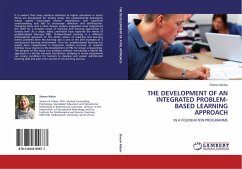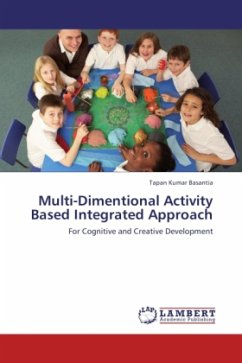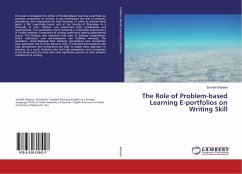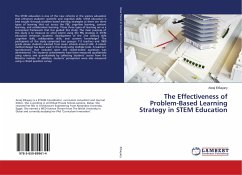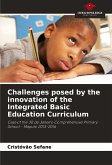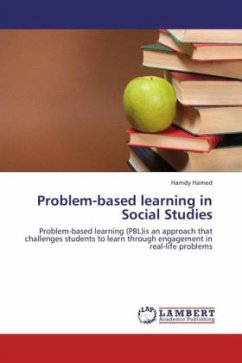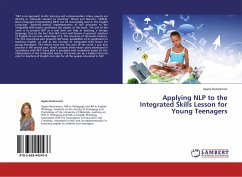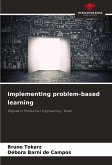It is evident that many students admitted to highereducation in South Africa are ill-prepared fortertiary study. The predominantly behaviorist schoolsystem encourages learnerdependency and superficial understanding and fails toencourage reflection and self-direction. Changingtimes and a more diverse student population haveheightened the need for a broaderrange of teaching and learning approaches at tertiarylevel. As a result, many universities have exploredthe merits of problem-based learning (PBL).Problem-based learning is a different philosophicalapproach to the whole notion of teaching and learningwhere problems drive the learning and is one of thebest examples of a constructivist learningenvironment. Thus far, problem-based learning hasmainly been implemented in long-term medicalcurricula, so research findings focus mainly on thedevelopment of PBL for longer programmes. The purposeof this study is to evaluate whether introducing aHybrid PBL approach in a shorter one-yearfoundation, bridging or access programme can createconditions for learners to develop and sustainself-directed learning skills and gain more controlof the learning process.
Bitte wählen Sie Ihr Anliegen aus.
Rechnungen
Retourenschein anfordern
Bestellstatus
Storno

